A Conversation With Wolfgang Puck
By: Laura Stoddard
Some things you may not know about world-renowned chef Wolfgang Puck: He doesn’t like peanut butter, Sidney Poitier is the godfather of his children, and many years ago he considered becoming a truck driver (well, jokingly). He also has the Midas touch when it comes to restauranteering, thanks to his considerable skills as a chef, and an exuberant, determined spirit. I was recently invited to the opening of Wolfgang’s newest restaurant in Las Vegas; the exquisite Spago, perched at the lip of the famous Bellagio Fountains. During my visit, I was able to experience the new venue, and get to know this extraordinary man a little better.
One thing you need to understand about Wolfgang Puck is that he is a visionary. Back in the 1980s people primarily went to Las Vegas for the gambling and the buffets; because really, that’s all there was. No one suspected that the Strip and surrounding area would evolve over the years into an epicenter for world-famous shows, ultimate high-end shopping, and fine dining at exclusive restaurants run by celebrity chefs.
I can’t speak to what eventually rocketed the entertainment and shopping industries into orbit, but I can pinpoint exactly when fine dining became a big thing in Vegas. It was when Wolfgang brought Spago to Caesars Palace in the early 1990s.
“Spago was the first [fine dining] restaurant in Las Vegas,” says Wolfgang. “Now you have fifty chefs here, but we were the first. We still want to be the first one, and the best one, and nicest one. So I think it was time for us to change and move to a hotel which has the same customers as we have. Caesars [was] on top twenty-five years ago, but not anymore.”
Hence the move to the Bellagio. The newly reimagined Spago is the height of sophistication, boasting exemplary service, extraordinary cuisine, and those world-class views of the fountain. The interior space is bright and modern, with rich textures and accents, a full bar and wine cellar, several private rooms, contemporary chandeliers, and floor to ceiling windows. And naturally, the food is just beyond. Beyond delicious. Beyond beautiful. Beyond what you can experience anywhere else.
From the spirits, to the starters, to the entrees and desserts, all reflect Wolfgang’s philosophy of incorporating creativity, innovation, and the use of nature’s finest, hand-picked ingredients. My dinner at Spago was nothing less than phenomenal, each dish and drink a triumph of artistry, construction, and flavor.
Just a few of the masterpieces we were able to indulge in were Smoked Salmon Pizza topped with dill creme fraiche and caviar, Spicy Tuna Tartare with pickled ginger and bonito flakes, tucked into delicate sesame-miso cones, Maine Lobster Roll in toasted squid-ink brioche with lemon-herb aioli, Sweet Corn Agnolotti infused with sage and parmigiano-reggiano, Grilled Snake River Farms Ribeye with potato bacon terrine and bordelaise sauce, and the Spiked Lemon, a decadent, whimsical dessert comprised of Japanese yuzu cream, chiffon cake and citrus mousse. We were also treated to several stunning cocktails, and wines from Wolfgang’s private label. It was a dinner affair to remember.
Wolfgang first started cooking at his mother’s side as a child in Austria.
“I still remember Sunday was always a special day,” he says. “In the morning we used to bake a cake, and we didn’t have a mixer, so we whipped the butter with the sugar, and then put in the egg yolks, then put in the whisked egg whites and the flour. And often the cake didn’t turn out, because my sister was holding the bowl and I was mixing it, and then I was holding it and she mixed it…and we ate half of the sugar and the butter anyway.”
Sunday was also the only day the family got to consume a truly hearty meal that included meat. “We didn’t have a car, we didn’t have telephone, we didn’t have TV, we didn’t have running water in the house,” recalls Wolfgang, “So Sunday–that was the big day. That’s why I like wienerschnitzel so much.”
At fourteen, he began an apprenticeship at a small hotel on the border of Italy. It would turn out to be an unhappy time. He had to do the most undesirable jobs, like peeling potatoes, onions and carrots ad nauseam, and the chef constantly berated Wolfgang, telling him he was too young, too inexperienced, too small (Wolfgang was barely five feet tall at the time). One busy Sunday during lunch service Wolfgang didn’t prepare enough mashed potatoes and the enraged chef fired him.
“I didn’t sleep that night,” says Wolfgang. “I said, you know, maybe I go back tomorrow and see what happens. I went back to the hotel at seven in the morning, and the apprentice who was ahead of me was all excited I came back because he thought he had to peel the potatoes and all that stuff again for another six months until [my replacement] came.”
The older apprentice knew that the chef wouldn’t be happy to see Wolfgang back, so he suggested that Wolfgang stay in the vegetable cellar. When the chef wasn’t around, Wolfgang would venture into the kitchen to help prep, and when the chef was in, young Wolfgang would go back to the cellar, the other apprentice bringing him food. Wolfgang wasn’t making any money during that time, but he didn’t care; he just wanted to cook. It took two weeks for him to be discovered.
“The chef comes down there, he says, ‘What you are doing here? You’re fired! Get out of here!’ He grabbed me and I put my heel in and said, ‘I’m not leaving.’ He didn’t know what to do!”
Even back then Wolfgang was a force to be reckoned with. The owner, learning of the standoff, sent the fiery young apprentice to a different hotel, and fortunately it was a much better experience. The new chef told Wolfgang that if he kept his head down and worked hard, everything would be fine. And work hard he did, at the restaurant and in school. The hotel restaurant owner was immensely pleased when he learned that Wolfgang had received straight A’s after his first year of school. He’d never seen any student get straight A’s before.
“He would always walk through the kitchen when he was in the hotel to say hello to the chef, and he said, ‘Where’s Wolfgang?’ So all the sudden I became liked,” he laughs.
After his apprenticeship, Wolfgang spent time working in some of France’s best restaurants. Of particular note was the luxurious L’Oustau de Baumanière, where he formed a special bond with renowned owner and chef Raymond Thuilier.
“He was 72 years old, and he was so passionate,” says Wolfgang. “He owned a hotel; the Queen of England came, and Picasso came, and all these movie stars came. So I say, I want to be like this guy. I want to have my own restaurant one day. I want to paint–he used to paint, he wrote a cookbook…I said, this is really my idol.”
Thuilier would come by to taste Wolfgang’s sauces and tell him and to add a bit of this or a bit of that. So when the chef asked Wolfgang to taste his dishes, Wolfgang responded in kind, telling the illustrious chef to add a bit of this or a bit of that.
“And he actually liked that!” says Wolfgang, “Because all the other young guys who used to work there, they said, ‘Oh, it’s so delicious’, to make him feel good. But I said, he’s giving it to me, I give it back to him. I was nineteen at that time, and if it wouldn’t be for him, I might’ve gone back to Austria. My friend who did the apprenticeship with me became a truck driver, and he made very good money, like three or four times what I made! So I said, ‘Okay, we going to drive the truck together.’”
Fortunately for the world Wolfgang stuck with cooking. A few years after his time at L’Oustau de Baumanière, he moved to the states, first to cook at a restaurant in Indianapolis, then on to the bright lights of Los Angeles, where he seemed to find his niche. To sum up the next fifty years would take nearly a novel. His list of accomplishments, awards, restaurants, and products is endless. So to what does Wolfgang attribute much of his success?
“You always start with a good foundation, and then you can build on it,” he says. “Young people have to learn at what level they want to go. If you want to be a catering chef, go to the best catering. If you want to be a hotel chef, go to the best hotels. If you want to be a chef in a restaurant, go to the best restaurant. I got a great foundation because I worked seven years in France, so that’s why I could open restaurants like Ma Maison, which was a French restaurant, and then I opened Spago, which was a mixture of everything, and then I opened Chinois, which was an Asian restaurant. When you have a good foundation, it’s easier to be innovative.”
At this point, Wolfgang makes it all look easy. He is the absolute standard for passion, perseverance, and vision. He’s also a lovely individual, and I can safely say that for me, no future trips to Vegas will ever top this.

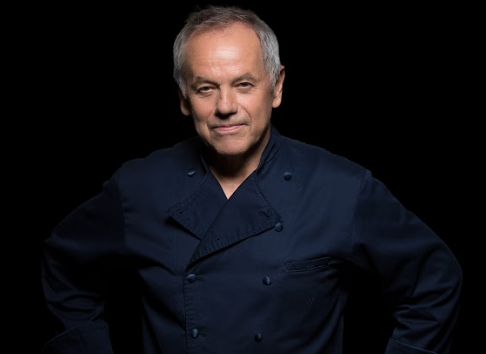
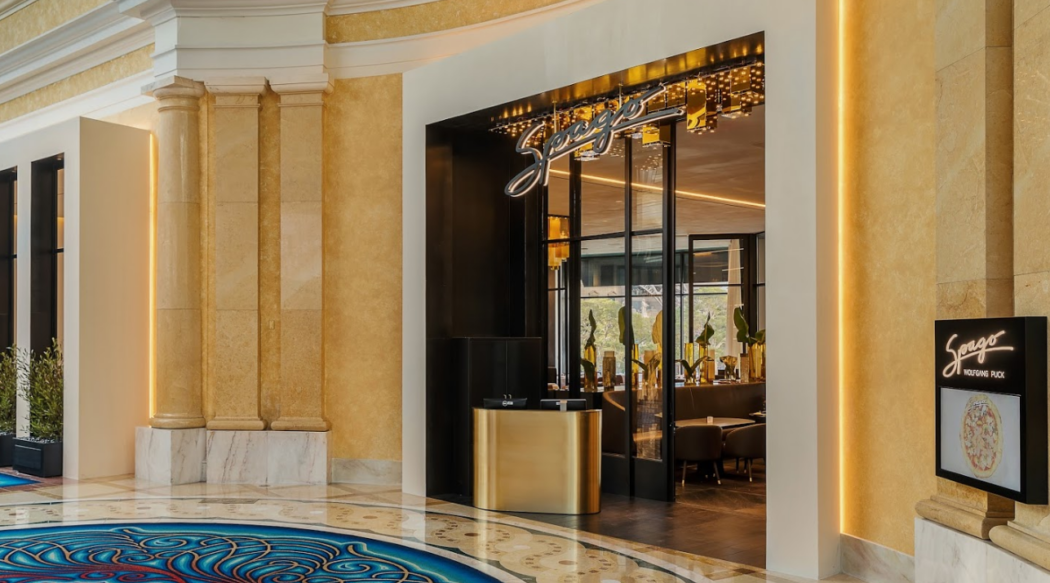
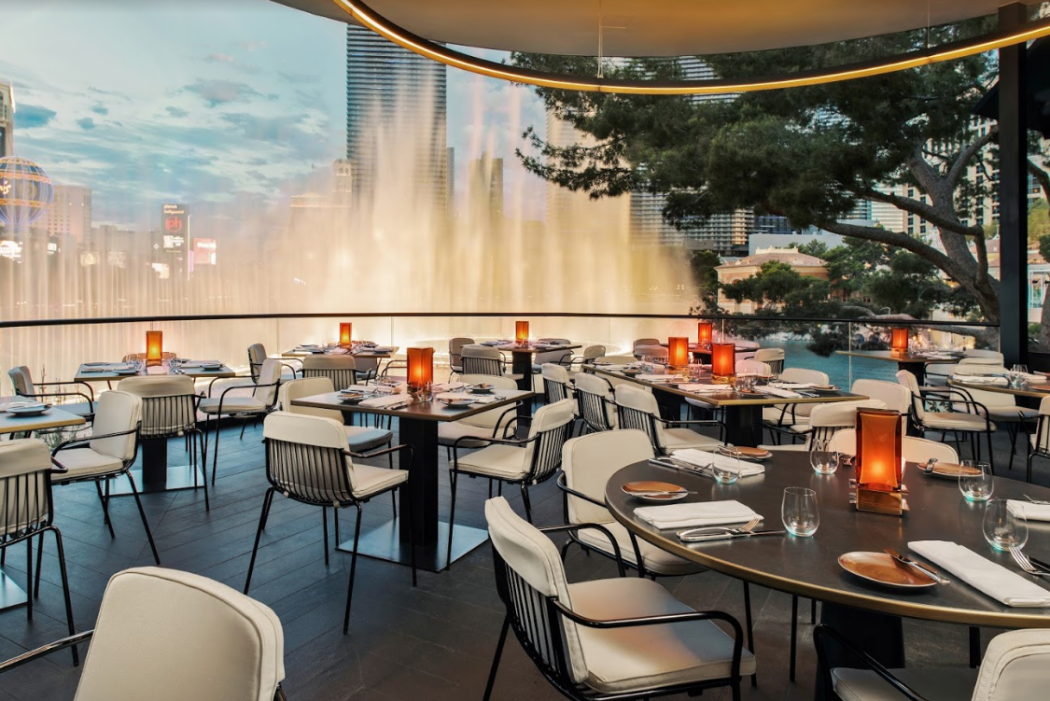
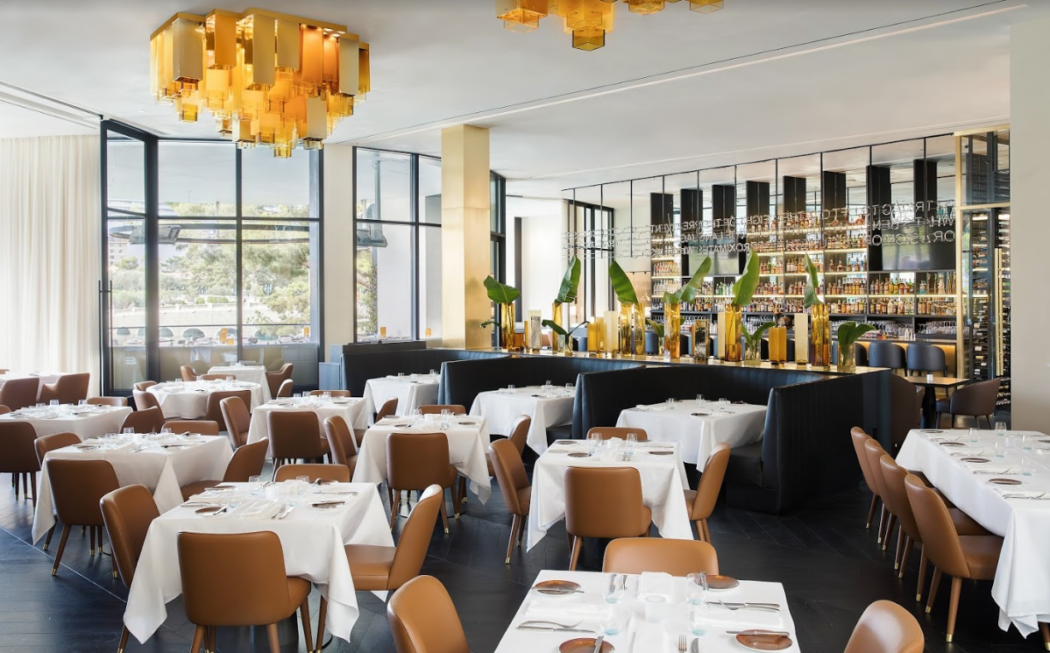
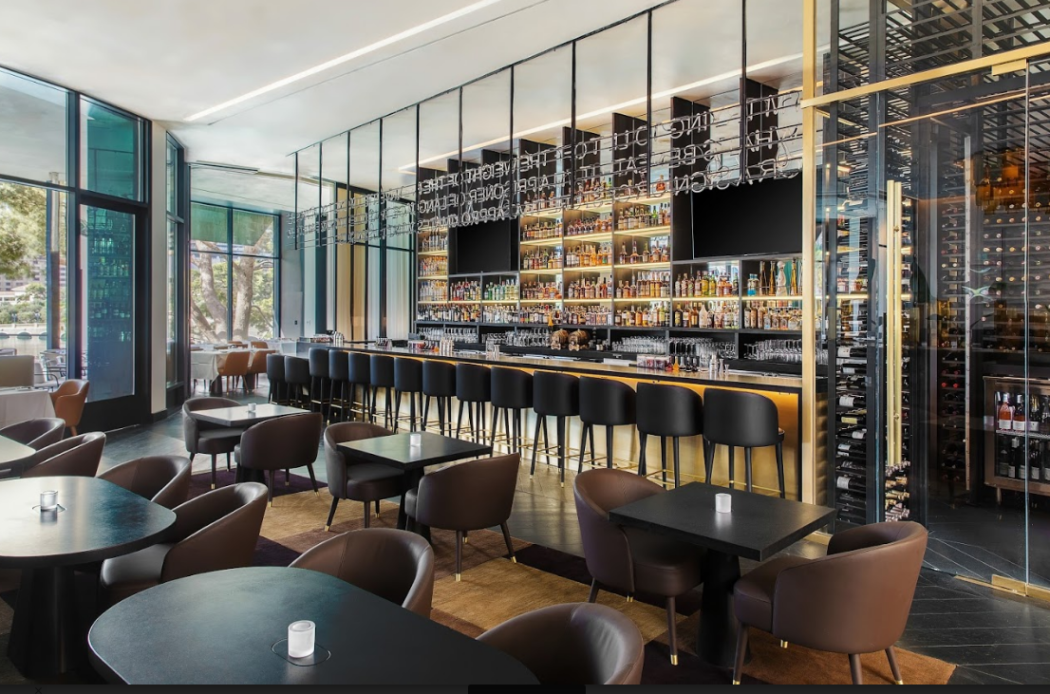
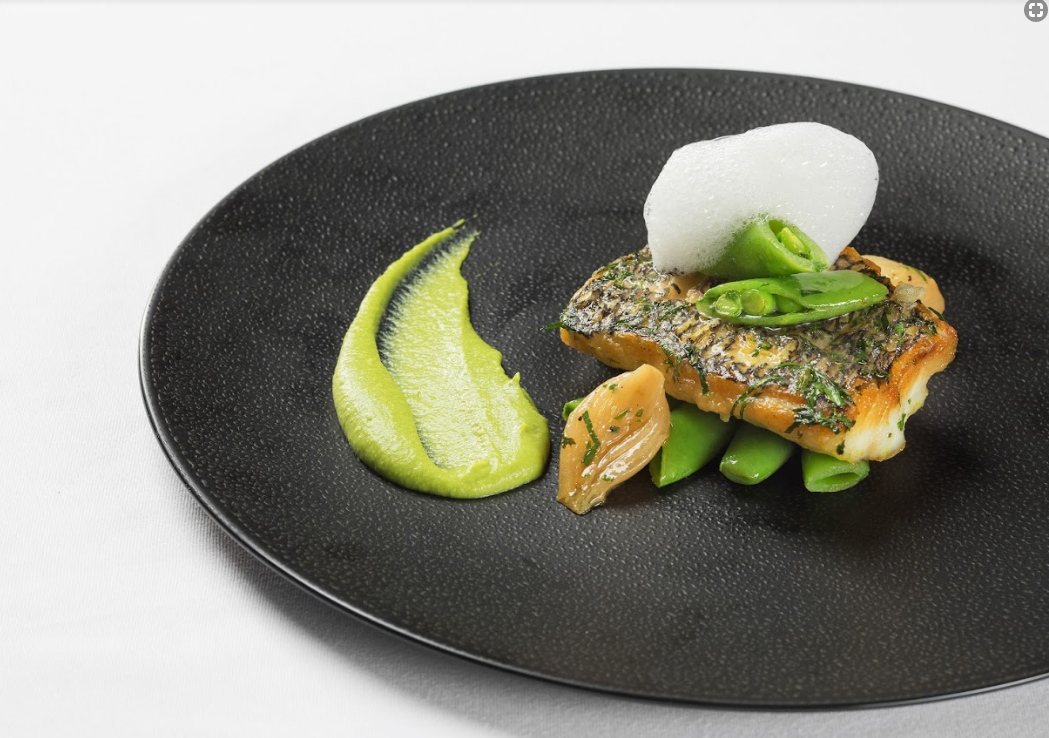
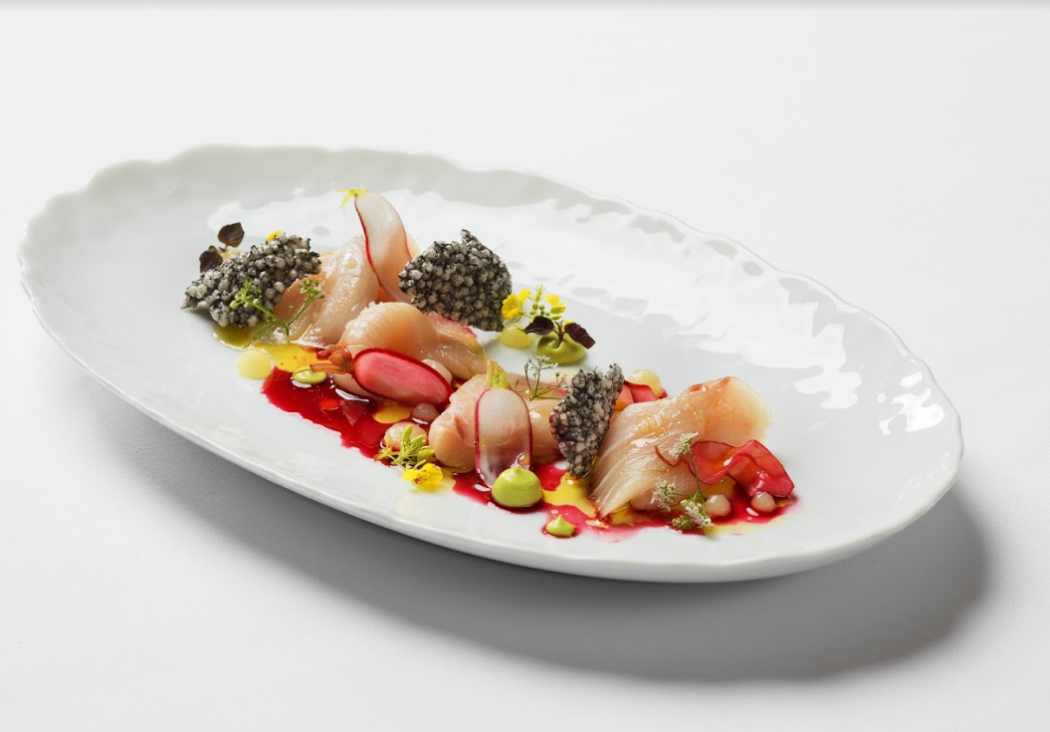
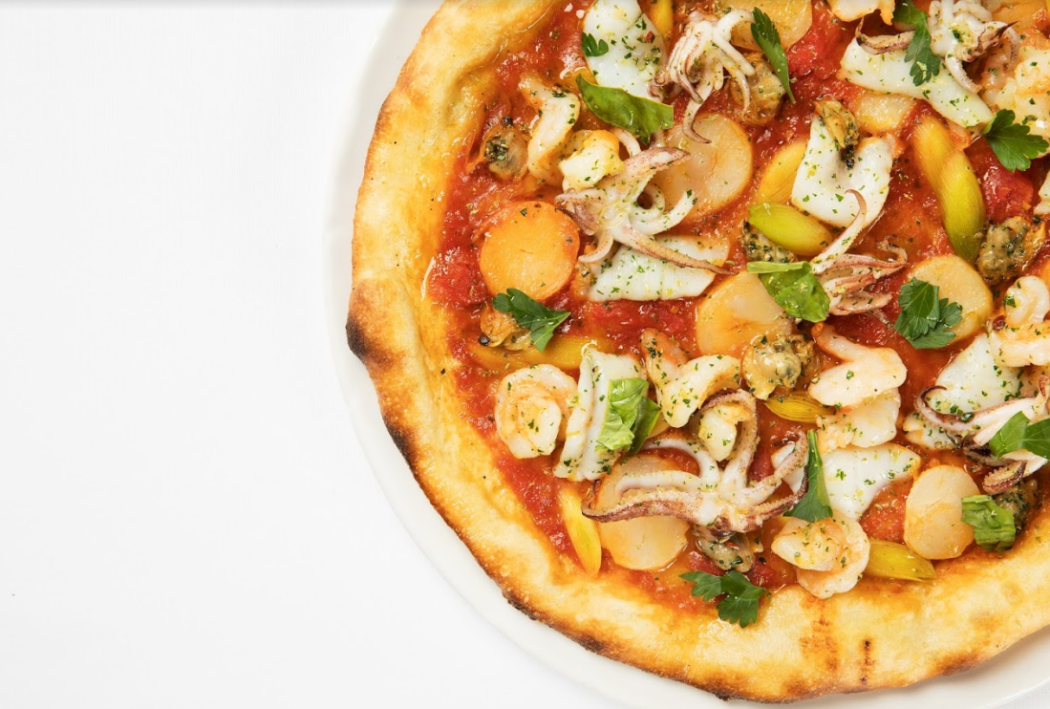
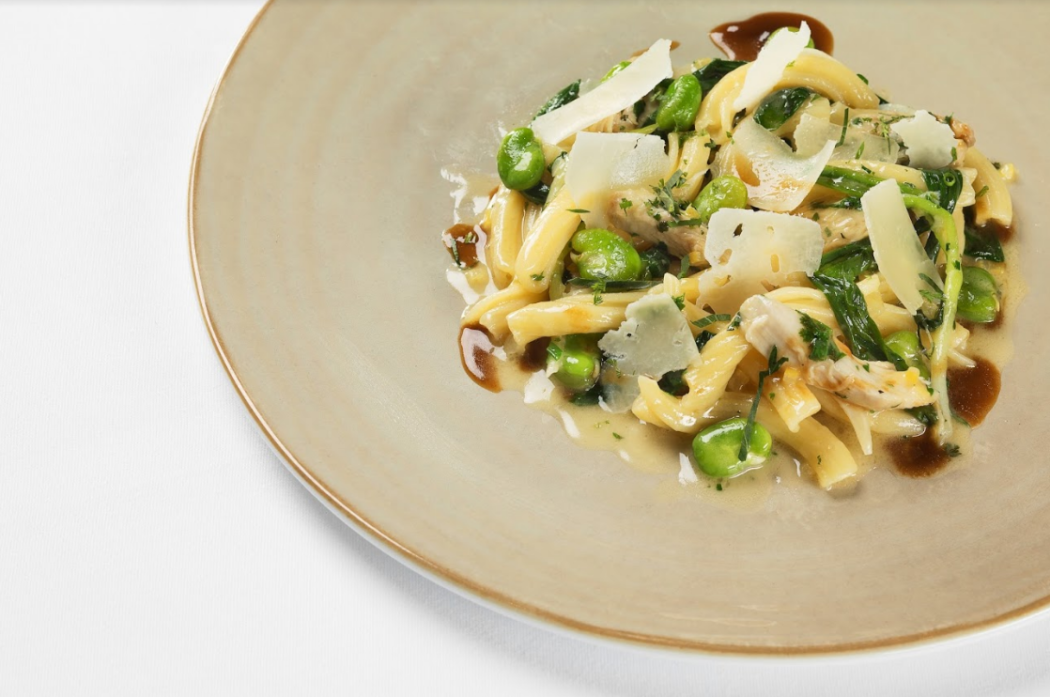
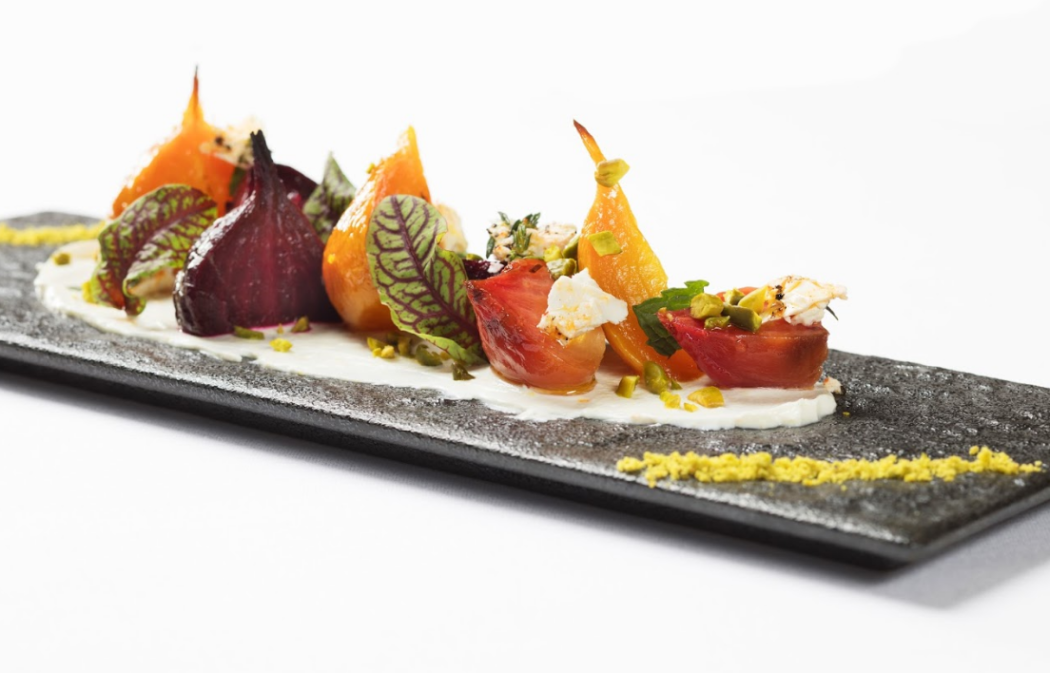
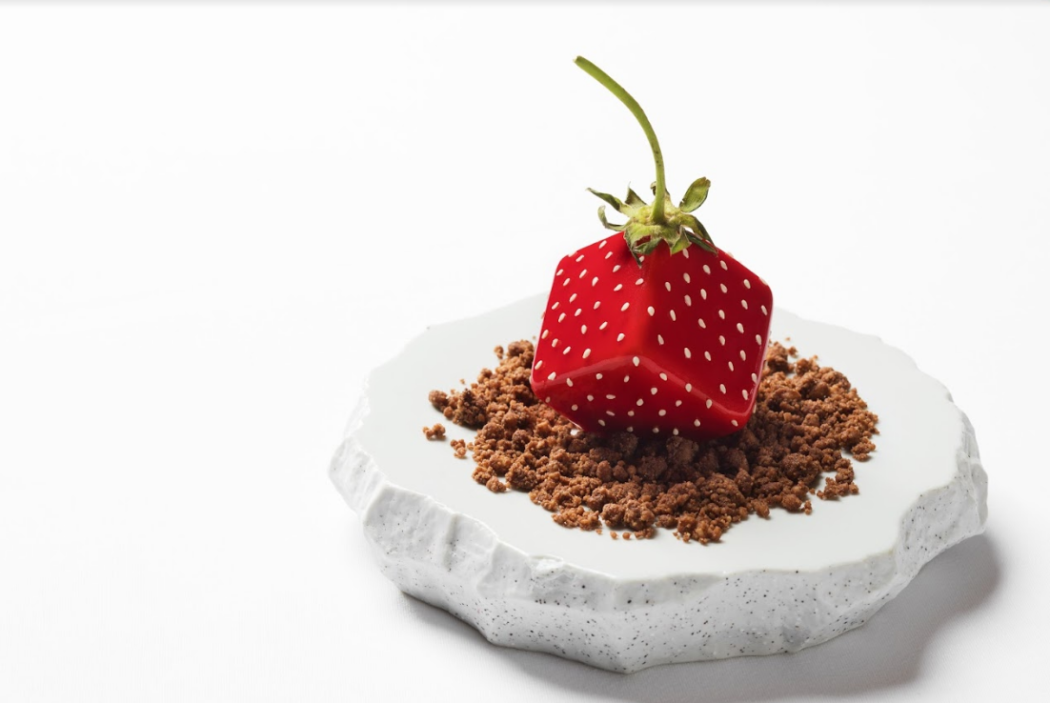
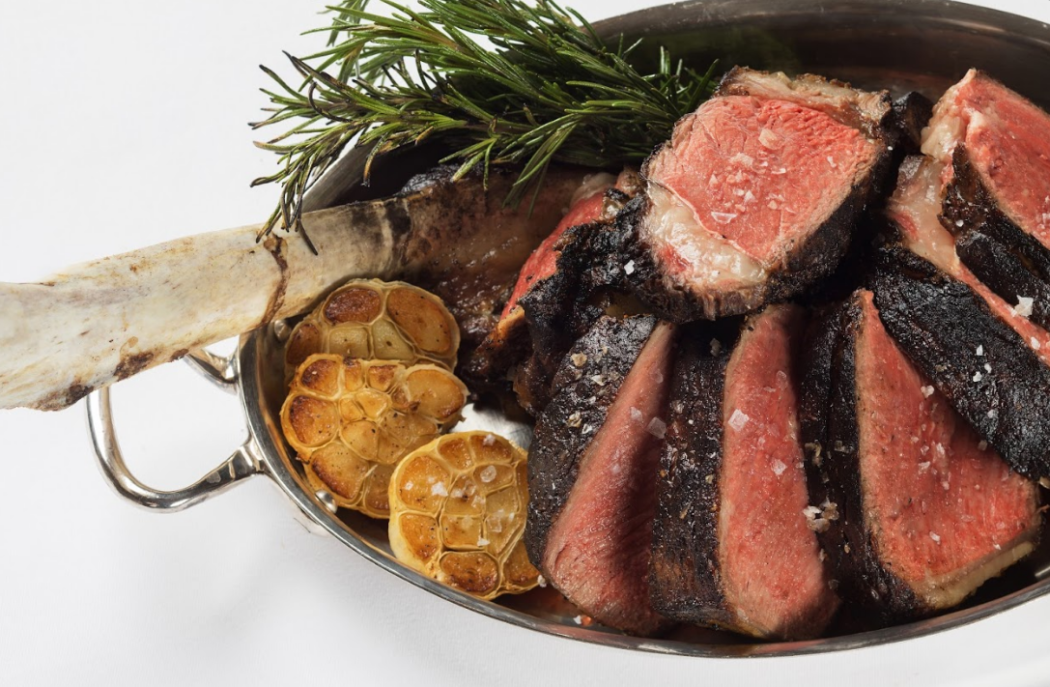
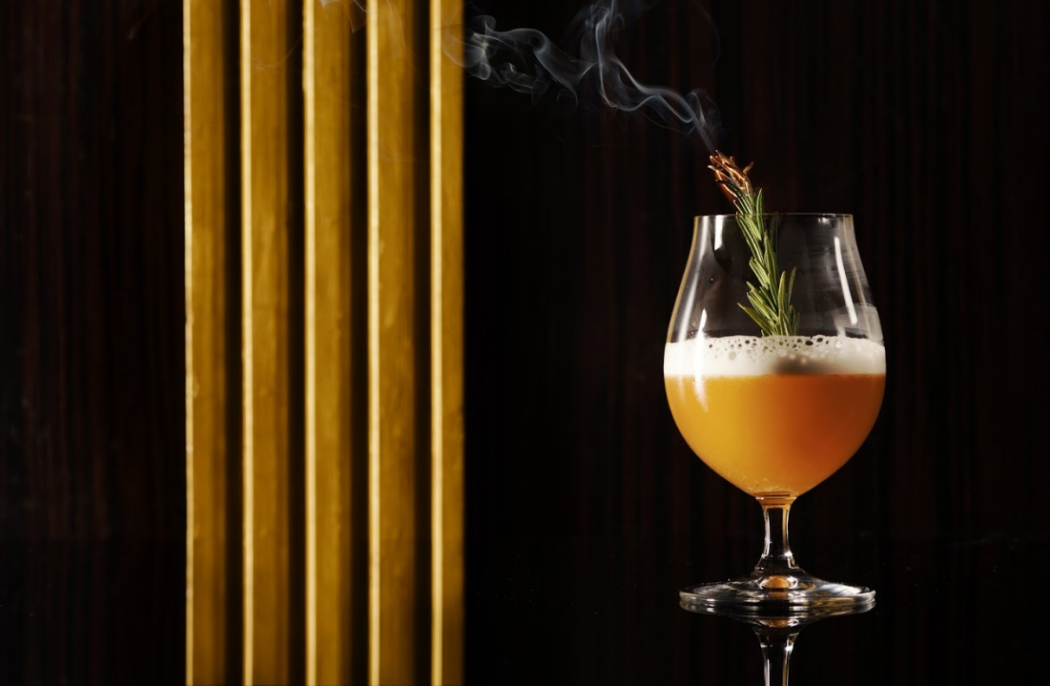
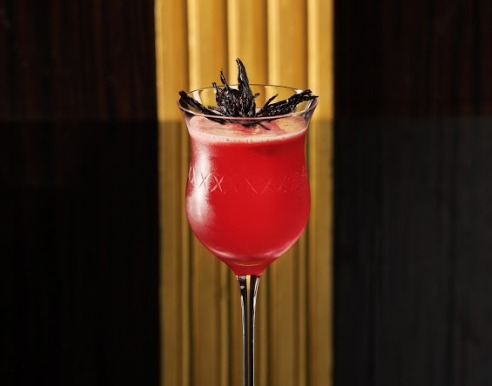

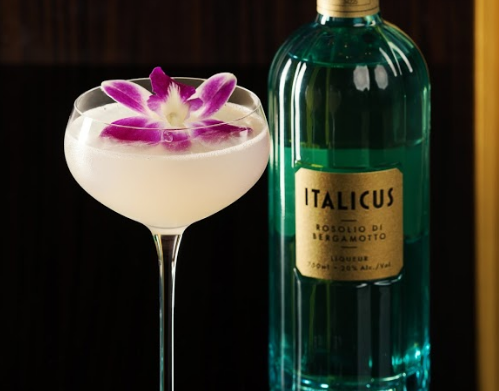
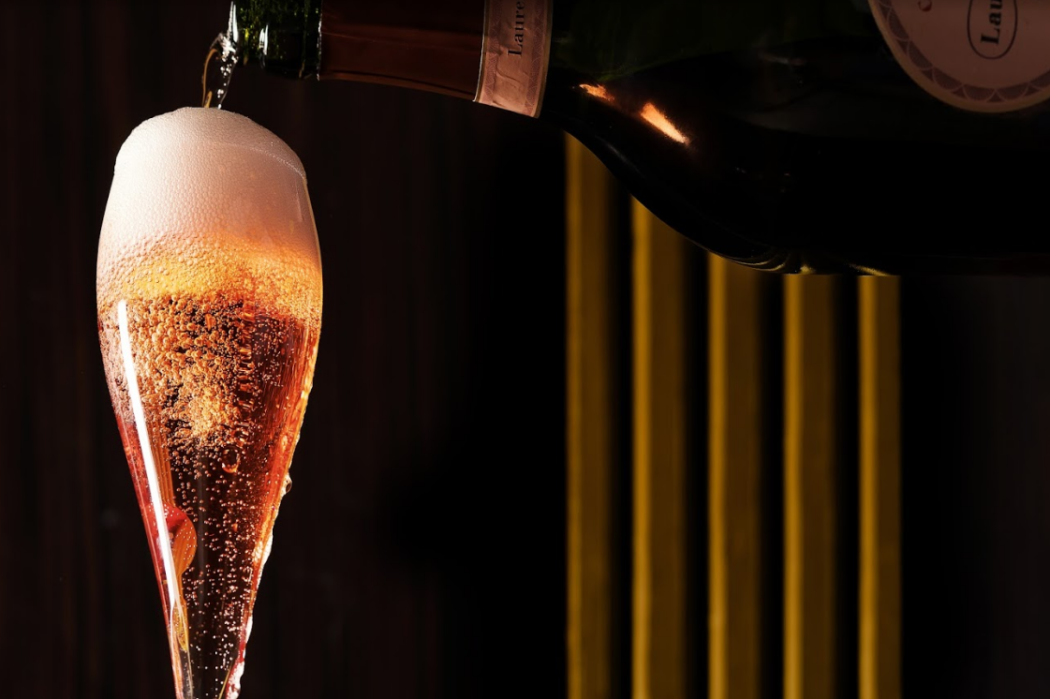
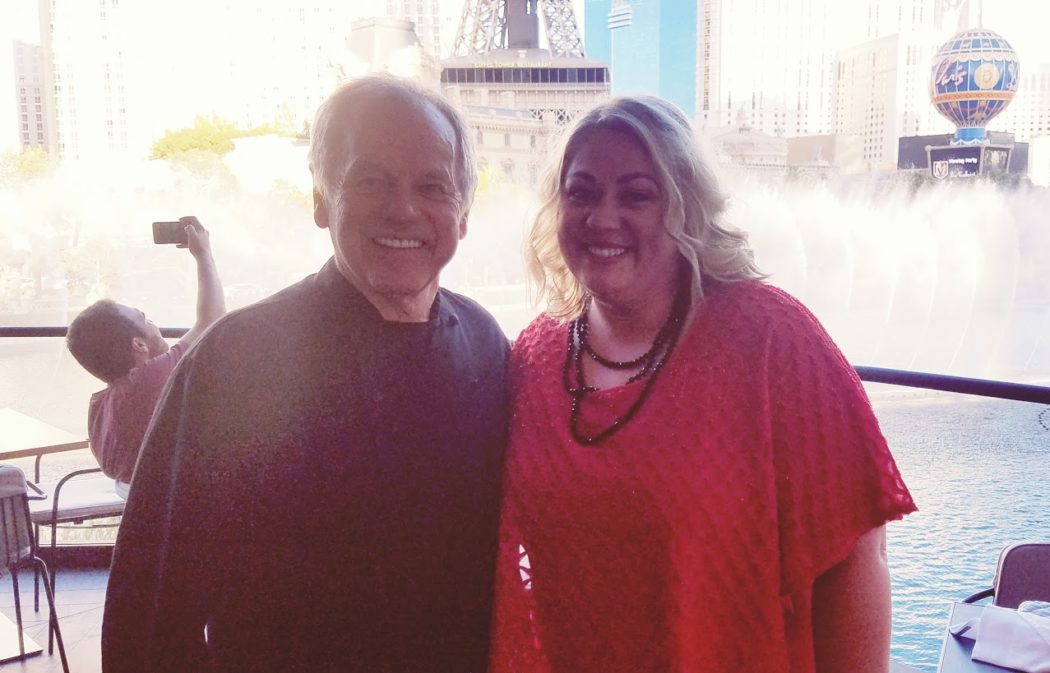
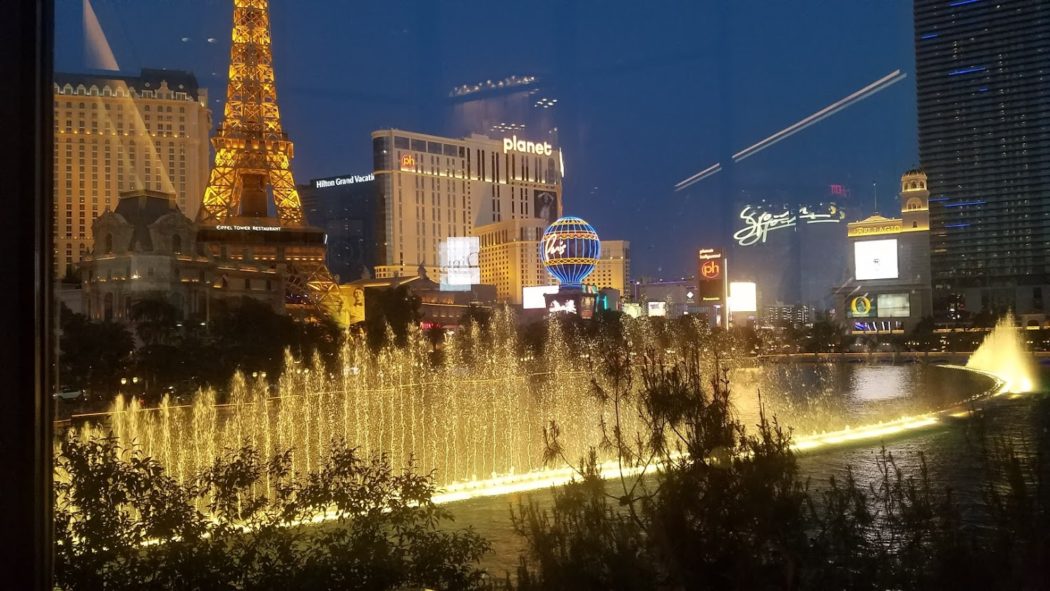
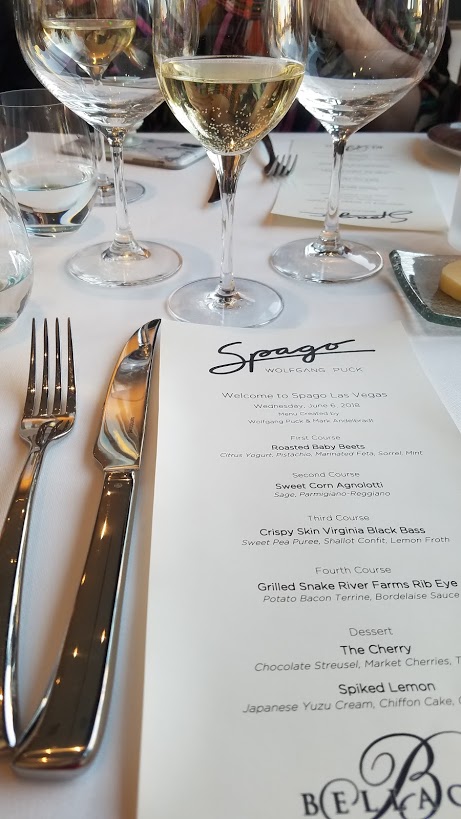
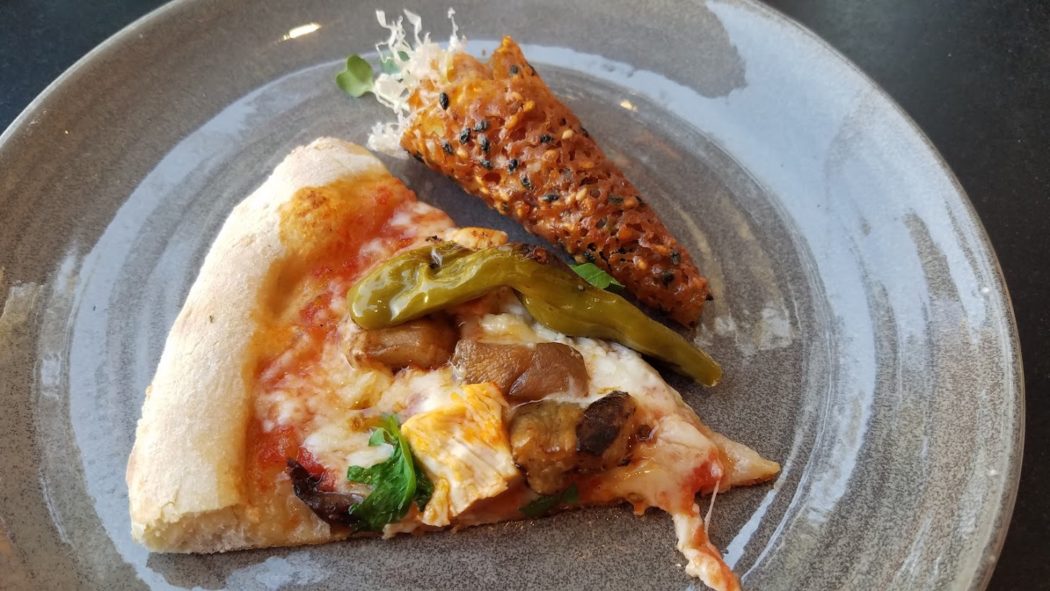
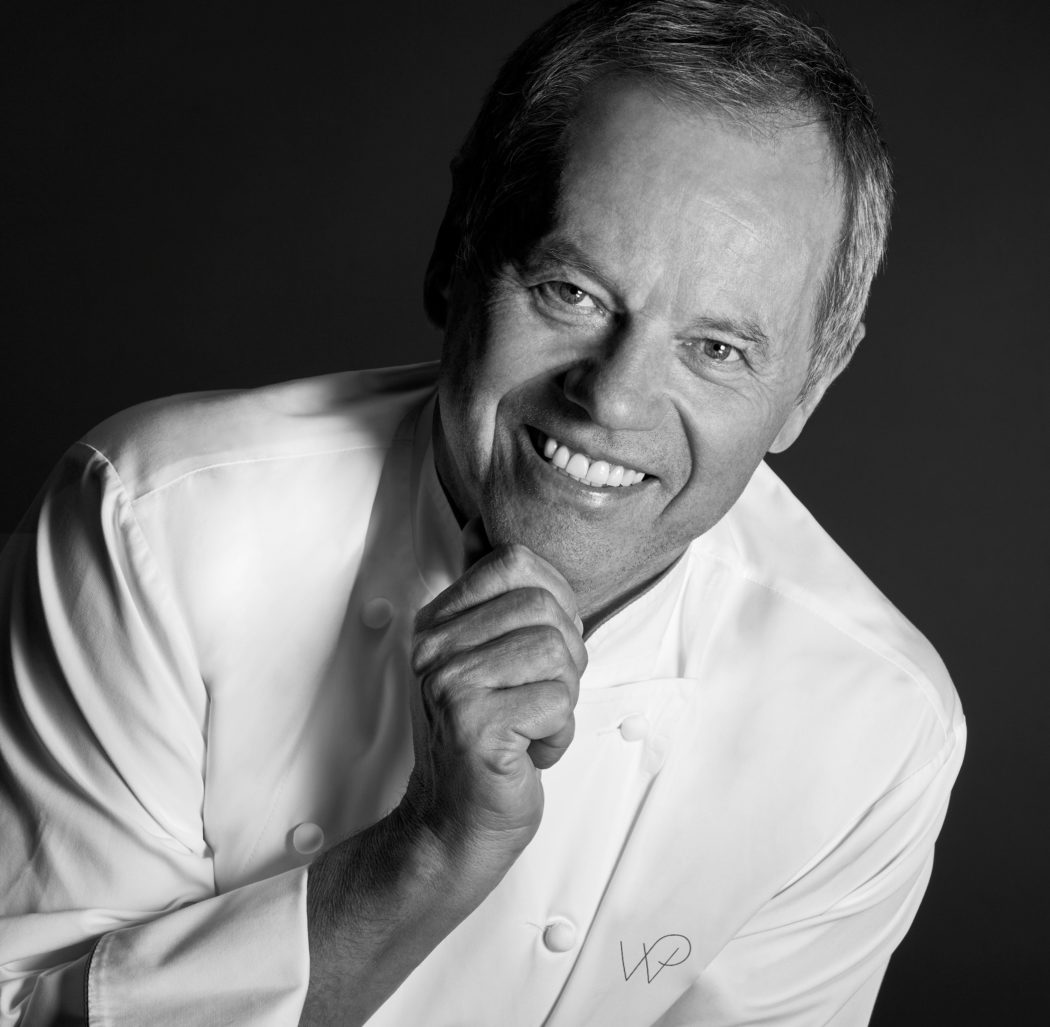
There are no comments
Add yours